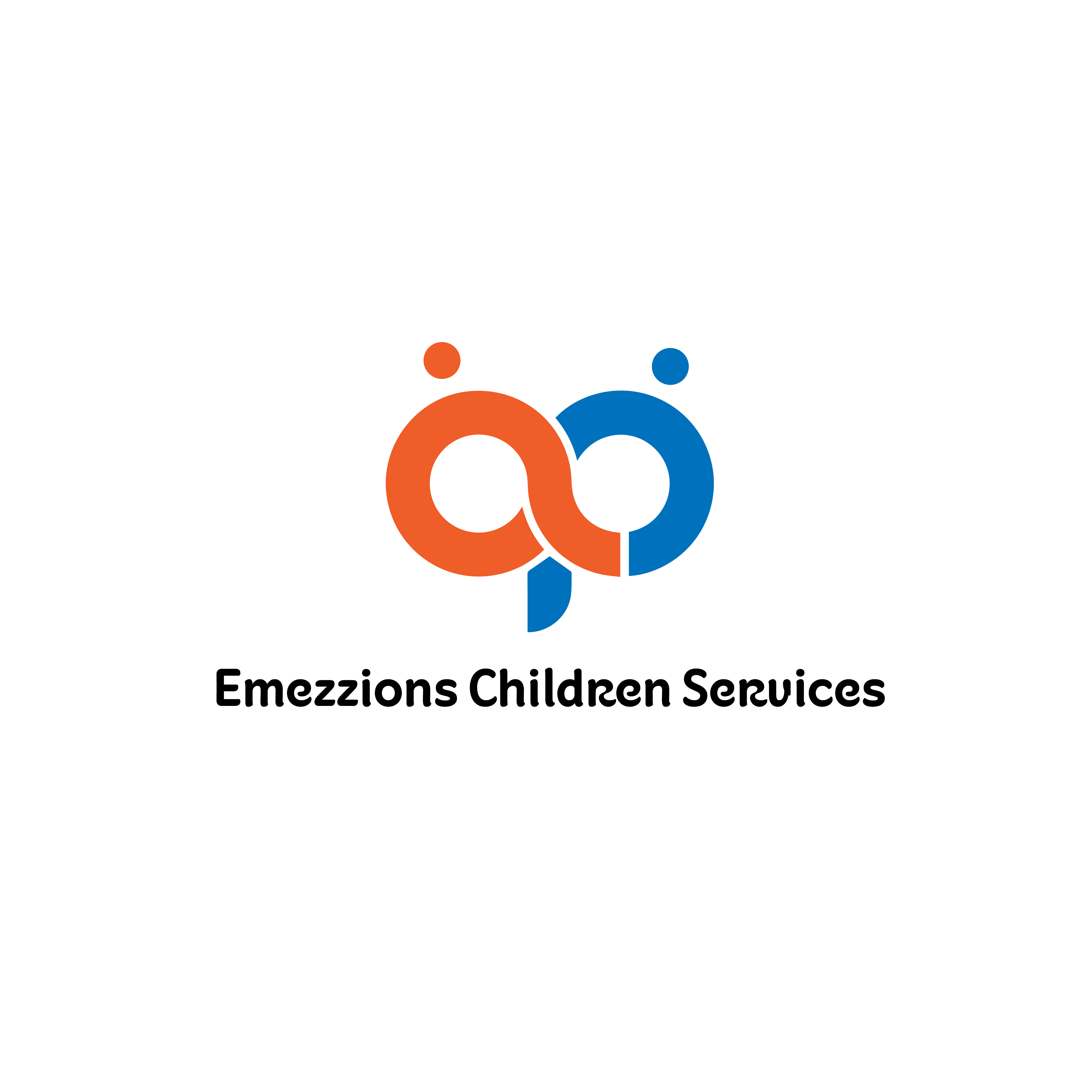Assessment & Therapy
All Services
Quick Contact

About our Assessment & Therapy services
Emezzions Children Services was first developed out of our mission to ‘transform the lives of children and young people’, focusing on those who were accessing our education, residential and fostering services.
What is Assessment & Therapy?
The purpose of Assessment & Therapy in child care services is to help the child or young person, or foster carer, to understand a young person’s past and present. The therapeutic approaches that may be adopted thereafter are to help maintain and maximise their independence to develop practical life skills so that they can participate to their full potential in the home and classroom environment.
0
Carers
0
Centers
0
Asssements
Who do we support?
We aim to explore the child and young person’s past and present, offering practical, applicable advice. Understanding the impact of previous experiences, such as placement breakdowns, changes and family dynamics, helps us to fully understand these experiences and enables us to explore how this may be impacting on a child’s well-being.
Our assessment & therapy team provide guidance using psychological understanding to ensure the child and their carers are properly supported. We encourage the team around the child or young person to work together in a way that considers the child’s complete picture. By doing so, we can help teams, carers and the children to achieve the best possible outcomes.
Types of Therapy we use
We offer a range of psychological interventions to children and young people, foster carers and adoptive parents. Our interventions are based on the needs of the client and draw from an eclectic range of psychological approaches including:
About our Assessment & Therapy team
The Archers Project team continually seeks to develop our services, providing an evidence-based model of specialist care.
Within the Assessment & Therapy team, we:
- Ensure we see and understand the child, offering practical and emotional help where appropriate.
- Understand the impact of previous family dynamics, placement breakdowns and changes.
- Guide, incorporate and encourage psychological understanding to ensure the child is appropriately supported.
- Believe that the team around the child needs to work in a wholly integrated and holistically-charged manner to provide the best possible outcomes for all involved.
Assessments
Each year, the number of children and young people living in care is gradually increasing across the United Kingdom. One universal fact across the various care sectors is that children and young people in care are four times more likely than their peers to experience difficulties with their mental health (Meltzer et al. 2003). These children and young people have often experienced inconsistent caregiving, which may have been coupled with abuse and neglect.
The experience of living in traumatic, unpredictable and confusing environments can cause significant lasting difficulties, and can impact on a child’s social, emotional, physical and behavioural well-being.
Our trauma-informed principles and model of care ensure we keep each child and young person at the centre of our thinking, with a sharp focus on their experiences both past and present, and the resulting impact on their current presentation and well-being. Our practitioners have expertise in the areas of developmental trauma, disrupted attachments, parenting, fostering, adoption and residential services.
About our Assessments
We offer a range of assessments using clinical tools including direct observations, clinical interviews and structured psychometric assessments. Our assessments inform holistic psychological formulations that identify the strengths and requirements of the client and lead to helpful interventions for any unmet need.
Who are our assessments available to?
Local authorities or other agencies can commission specific assessments that may include full psychological assessments to plan for therapeutic support, or cognitive assessments to ensure a better understanding of how a client learns and processes information.
These assessments can also provide information that can help match children and young people to suitable carers and determine the type of treatment package that will support their emotional and psychological needs.
Bespoke assessment process for LAC (Looked After Children)
When children and young people are placed with Archers Project, we complete a series of baseline assessments aimed at telling us more about their emotional health; their strengths, vulnerabilities and their style of attachment. This information helps us to tailor and plan individual support.
The assessments we use aim to address more than just emotional and behavioural well-being, by also focusing on areas including trauma symptomology, displays of dissociative behaviour and attachment style.
The assessments are reviewed annually within an Integrated Case Management Meeting (ICMM), in which the team around the child gathers to review, share and formulate according to the child’s presenting level of need.
During the ICMM, a Therapeutic Needs Profile and Intervention Plan is compiled which share actions, understanding and recommendations as to how to support the child and their carer(s) going forward. The ICMM creates an opportunity for highly individualised care planning that focuses all outcomes on a positive trajectory, embracing all developmental, educational, health, social and emotional needs.
Quality care that gives young people new opportunities
We have a clear mission to provide support that creates the right experiences, while mitigating the impact of Adverse Childhood Experiences (ACEs). With the proper care and nurture, all children and young people have the right to harness their innate capacity to recover from their experiences. We give them that opportunity.
Therapeutic Care
The Assessment & Therapy team seeks to provide the holistic needs required, firmly rooted in an evidenced-based approach to meet the needs of the children, young people, their carers and referring agencies.
About our Therapeutic Care service
Archers Bridge’ Assessment & Therapy services have developed out of the need to ‘transform the lives of children and young people’, focusing on those who were accessing our specialist integrated education, residential and fostering services. Regionally based, we have developed a network of experienced, qualified professionals from psychology, psychotherapy, counselling and psychiatry backgrounds.
The service aims to improve outcomes relating to emotional well-being and mental health in children and young people, and our search for continuous improvement has been demonstrated by our commitment to having our work validated by external researchers at University College London.
Our Therapeutic team
Our practitioners have expertise in the areas of developmental trauma, disrupted attachments, parenting, fostering, adoption and residential services. Our permanent members of staff are complemented by a group of regionally located affiliates, enabling us to provide further assessments and interventions for a wide range of presenting needs.
Therapy & Intervention
We aim to ensure that children, carers and staff are supported within their placements to reduce the risk of a placement breaking down, resulting in further disrupted relationships and loss for the child or young person. As a service, we strive to be proactive rather than reactive, aiming to create and grow stability from an early stage.
We try to empower those who are working with children on the front line. We believe that a child’s foster carer, key worker or residential team are the best forms of intervention for the child, providing necessary authoritative parenting, commitment, consistency, sensitivity and attunement.
We offer a range of psychological interventions to children and young people, foster carers and adoptive parents. Our interventions are based on the needs of the client and draw from an eclectic range of psychological approaches including:
Dyadic Developmental Psychotherapy (DDP)
Treatment based on a theoretical understanding of attachment and inter-subjective relationships aimed at supporting children and young people who have experienced substantial developmental trauma.
Play Therapy
A form of therapy in which play is used as a means of helping the client to express and communicate their feelings.
Attachment Regulation Competency (ARC)
A framework to support children, young people and their families with experiences of prolonged traumatic stress.
Eye Movement Desensitisation and Reprocessing (EMDR)
Psycho-therapeutic treatment designed to alleviate distress associated with traumatic memories.
Cognitive Behavioural Therapy (CBT)
Talking therapy which encourages the client to manage their difficulties by changing the way they think and subsequently behave.
Trauma-Focused Cognitive Behavioural Therapy (TF-CBT)
Therapy which aims to address the needs of children and adults suffering from difficulties related to traumatic life events.
Compassion Focused Therapy (CFT)
A multi-modal approach using compassionate mind training to help the client develop a soothing inner warmth and safety, via compassion and self-compassion.
Video Interaction Guidance
Therapeutic intervention where the practitioner aims to enhance the client’s communication within relationships, helping them to actively engage in change, ultimately working towards defining values and beliefs around respect and empowerment.
Mentalisation-based Approach
Encouraging the client to think about thinking; helping the client to make sense of how their thoughts, beliefs and feelings are linked to their actions and behaviours.
Psychodynamic Approaches
Approaches emphasising the psychological forces that underlie human behaviour, emotions, feelings and how they might relate to, and be shaped by, early experiences.
The key to unlocking each child’s potential
We aim to maximise every child and young person’s potential, and by focusing on the care they receive we not only help them to achieve, but to recover from the impact of ACEs. After years of possible trauma, rejection and hurt, we seek to instil a sense of belonging and positivity.
Education & Training for Carers
The Assessment & Therapy team provides education and training for residential care workers, foster carers and professional teams on best-practice approaches to managing the young people in their care. Children and young people who have experienced trauma are often not amenable to traditional parenting methods; they require a greater level of empathy, nurture and tolerance on the part of the carers and residential staff alike.
About Our Training Team
Our team provides training informed by current research into the impact of developmental trauma on children and young people, and how this manifests in the behavioural presentation. Through this training, we can support care staff in their ability to manage challenging behaviour and, in turn, reduce the risk of a placement breaking down.
Education & Training Programmes
Education and training programmes aim to provide further support, understanding and stability. Each training package draws on a range of learning and teaching styles, including group discussions, independent and group exercises, and the delivery of additional learning resources and handouts.
We offer tailor-made training on a range of topics, including:
- The impact of relational trauma on children’s development
- Therapeutic parenting and trauma-informed approaches
- Working with self-harm and suicidal behaviours
- Mental health awareness and recovery
- Autism awareness
- Working with sexualised behaviours
- Understanding compassion fatigue



